SOCIAL
Tweens and teens have become a prime target for cosmetic and skin care ads : NPR

Cosmetic and skin care companies have been doubling down on social media marketing directed at tweens and teens. Parents are left to figure out how to handle kids’ desire for skin care products.
ASMA KHALID, HOST:
Teens or even tweens with holiday gift money are likely to spend at least some of it on skin care products. Marketing experts say cosmetic and skin care companies are doubling down on social media targeting younger teens. And as Alabama Public Radio’s Cori Yonge reports, kids are buying in big-time.
(SOUNDBITE OF ARCHIVED RECORDING)
UNIDENTIFIED SKINFLUENCER #1: Skin care routine for a beginner at the age of 12. We’re going to take a trip to my bathroom.
NATALIA PREWITT: The one for, like…
CORI YONGE, BYLINE: Eleven-year-old Natalia Prewitt sits at the family dining table with her 16-year-old sister, Kailyn. They scroll through YouTube, TikTok and Instagram skinfluencer (ph) videos on their phones.
(SOUNDBITE OF ARCHIVED RECORDING)
UNIDENTIFIED SKINFLUENCER #2: This toner water – look how empty it is. I love it.
YONGE: Natalia has a baby face with flawless skin. Some of her favorite videos feature cleansers, moisturizers and serums. They have bright, colorful packaging and brand names. Most are out of her budget.
NATALIA: Some products are, like, $90. Some are, like, a lot of money, and some are, like, just, like, 30, maybe 20.
YONGE: Not all the promoted products are expensive. Some are available at the drugstore. Her sister Kailyn knows the videos are advertising. Still, the acne and wrinkle products catch her attention.
KAILYN PREWITT: So if it does work, I will spend money on it ’cause it’s – I mean, I want to look super pretty, so why not?
ROSANNA PREWITT: We went from cowgirl boots to Bum Bum care cream, and I’m like, what is that even for?
YONGE: That’s Rosanna Prewitt, Natalia and Kailyn’s mom. She’s puzzled by the skin care product obsession, but marketing experts aren’t. The Pew Research Center recently found nearly 1 in 3 U.S. teens say they’re on YouTube or TikTok several times a day. Almost 1 in 5 say they’re on it constantly. And that’s good for business, says Denish Shah, a marketing professor at Georgia State University.
DENISH SHAH: Teenagers is traditionally an extremely hard segment to reach out to through traditional forms of media, and so this is working like a charm.
YONGE: Shah says the nature of social media consumption combined with many teens’ preoccupation with appearance makes kids prime targets.
SHAH: There’s not a single cosmetic company you can think of today – right? – that does not have a strong presence on social media because it’s just so powerful and effective.
YONGE: But when it comes to beauty, this kind of advertising directed at her kids is a slippery slope, says Rosanna Prewitt.
R PREWITT: It worries me that it’s going to give them a little bit of a complex about aging because they’re not supposed to be worried about that right now.
YONGE: There’s concern some popular products might be too harsh for young skin, says dermatologist Anne Chapas, who practices in New York City. As the mother of a sixth-grade girl, she’s well aware of the teen skin care marketing trend.
ANNE CHAPAS: Young, teenage, preteen skin doesn’t need anti-aging products except for sunscreen. Sunscreen is our No. 1 anti-aging product that everyone should use.
YONGE: That advice, Chapas says, along with a reminder that beauty also comes from within, should leave both teens’ skin and wallets glowing.
For NPR News, I’m Cori Yonge in Fairhope, Ala.
Copyright © 2023 NPR. All rights reserved. Visit our website terms of use and permissions pages at www.npr.org for further information.
NPR transcripts are created on a rush deadline by an NPR contractor. This text may not be in its final form and may be updated or revised in the future. Accuracy and availability may vary. The authoritative record of NPR’s programming is the audio record.

















